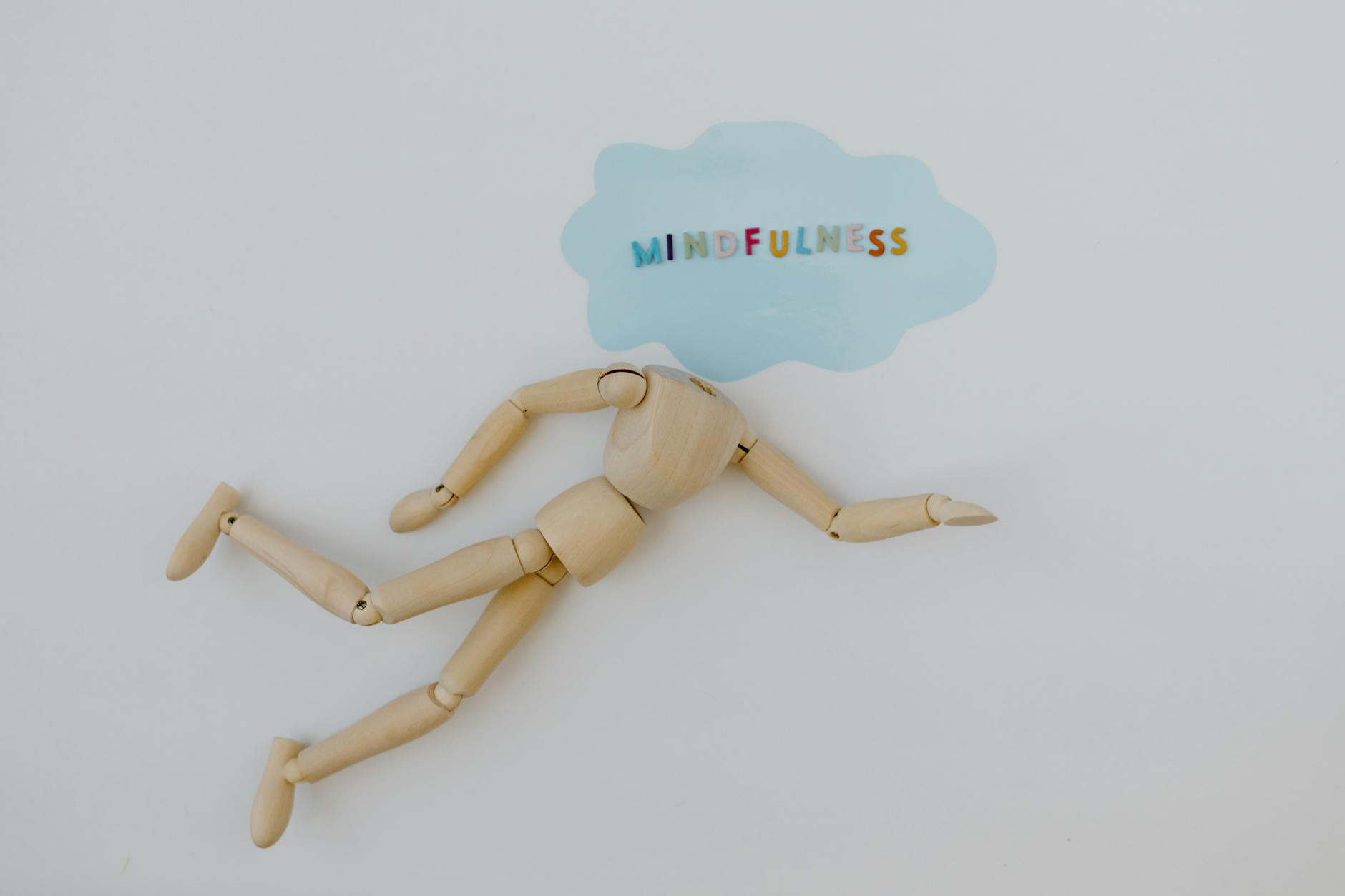The recent years witnessed a resurgence in psychedelic research, driving renewed attention to the potential therapeutic benefits of these compounds. Groundbreaking studies and clinical trials are being conducted to unearth the restorative effects of psychedelics and how they can reshape our understanding of mental health treatments. At the intersection of neuroscience, psychotherapy, and pharmacology, these profound conversations about the therapeutic effects of psychedelics are transmuting the landscape of mental health studies.
The neurobiological mechanisms underpinning the effects of psychedelic compounds are fascinating. Research indicates that these substances influence the way the brain’s pathways communicate, opening up potential for innovative drug-assisted psychotherapy. They also bring unique modifications to the conscious mind. One pharmacological study posits that psychedelics work by decreasing the activity in the brain’s default mode network (DMN), which correlates with the mind’s self-reflective consciousness or ego.
Along these lines, treating conditions like depression with psychedelics could dismantle the rigid patterns of thinking that characterize the disorder. Psychedelic therapy sessions, or psychedelic-assisted treatments, involve controlled administrations of these substances alongside psychotherapeutic techniques. Investigations into this burgeoning field have shown promising initial results. For instance, psilocybin has been explored in the treatment of terminal cancer patients, where it has been found to significantly reduce anxiety and depression symptoms. Another clinical trial found that MDMA-assisted therapy could dramatically improve victims suffering from post-traumatic stress disorder (PTSD).
A breakthrough study by the Imperial College London was the first to show the changes in brain activity during a psychedelic experience and their results suggested that psilocybin might reset the brain circuits known to play a part in depression. The neuroscience of psychedelics encompasses other realms as well, including their usage for addiction treatment. Recent studies have indicated them as potentially powerful therapeutic tools in treating alcohol and tobacco addiction, providing a potential new avenue in battling a global addiction crisis.
In addition to psilocybin and MDMA, there is increasing interest in the therapeutic potential of other psychedelics such as LSD (lysergic acid diethylamide) and ayahuasca, a brew traditionally used by Indigenous communities in the Amazon for spiritual and healing purposes. Current and future tests aim to reveal the effects of these compounds on treating conditions like anxiety and addiction when combined with professionally guided therapy.
The Multidisciplinary Association for Psychedelic Studies (MAPS) has been pivotal in promoting research on the benefits and risks of psychedelics and marijuana. They focus on empowering clinical trials, propelling FDA-approved research for various psychedelics. The broader aim is to establish new approaches to psychopharmacology and psychotherapy, offering the possibility for treatments that are not just palliative, but potentially curative.
Critics worry about the social implications, citing past abusive recreational use and the risk of triggering psychosis in individuals with predisposing conditions. However, the growing body of evidence suggests that, when used responsibly and combined with psychotherapy, psychedelics could offer potent medical breakthroughs.
Given that conventional treatments for conditions like depression, anxiety, and PTSD often fail to provide relief for many patients, it is increasingly essential to explore alternatives like psychedelic compounds. As more research is undertaken, the medical and therapeutic world should brace itself for a revolution powered by the remarkable potential of psychedelics.
Undeniably, we are at the precipice of a new frontier in mental health research. With a lot yet to be discovered, the potentiality of psychedelic medicine is monumental in shaping a future where mental health care is more transformative, holistic, and profoundly impactful. The journey towards understanding the utility and efficacy of psychedelic compounds has just begun, and it heralds a thrilling new era of psychedelic research, neuroscience, and therapeutic applications.








